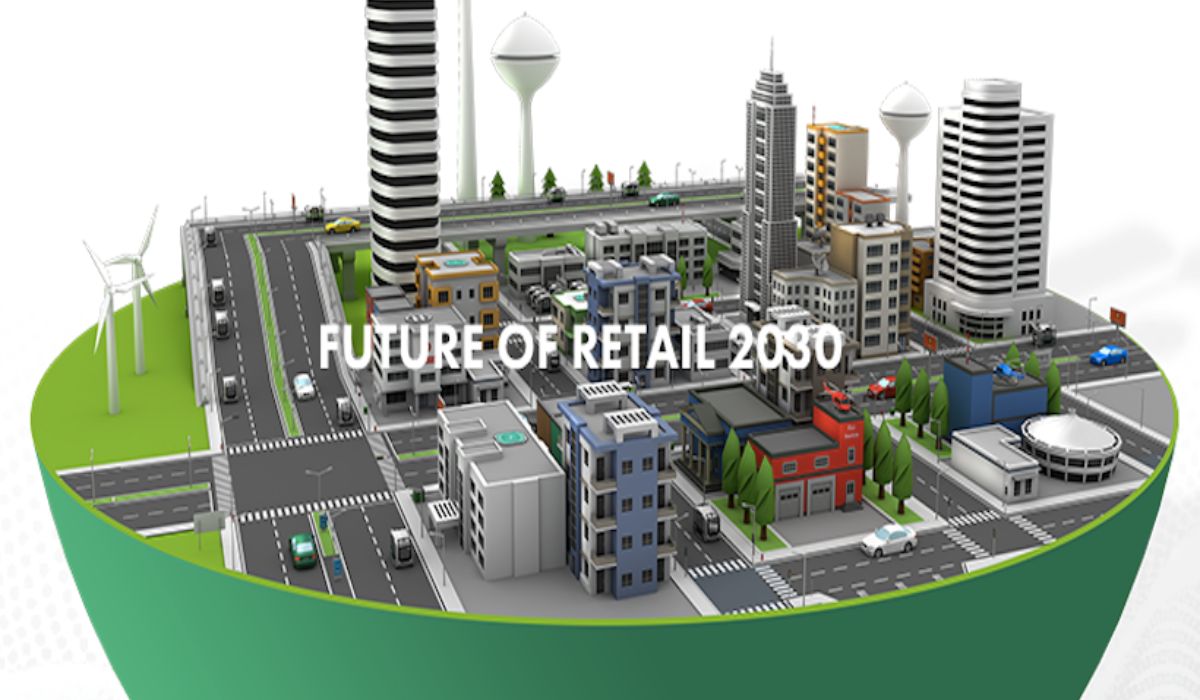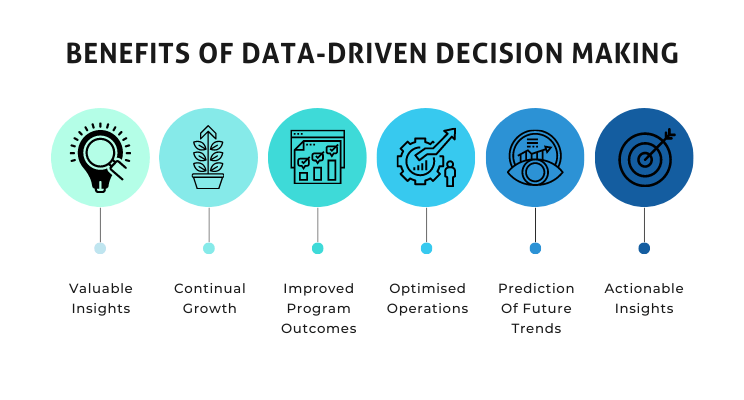
Dear CEO’s,
I hope this message finds you well. As we approach the end of another transformative year for the retail industry, I wanted to take this opportunity to share with you a report titled “Reflections of Global Retail 2023.” This report delves into the future of retail, exploring how we can invest in human-centered AI, harness new technology, and navigate the turbulence of 2024 through a more agile, resilient, and collaborative retail world.

Furthermore, we recognise the growing significance of Environmental, Social, and Governance (ESG) practices in the retail industry. Consumers are increasingly demanding sustainable and ethical products, and retailers must adapt to this shift in consumer behavior. Our report emphasises the importance of being better at consuming more but better for our planet, and we provide actionable strategies for retailers to integrate ESG principles into their operations.
At MWB Advisory, we understand the challenges that retailers face in this rapidly evolving landscape. We have developed a range of services and solutions to support retailers in navigating the transformative and turbulent year ahead in 2024. Our expertise in human-centered AI, technology implementation, and agile strategies can help retailers adapt to changing consumer demands, optimise operations, and drive growth in an increasingly competitive market.
We would like to take this opportunity to express our gratitude to our network, friends, and partners for their continued support throughout the year. We wish you all a joyful and happy New Year, and a prosperous 2024.
Please find the attached report, “Reflections of Global Retail 2023,” for your perusal. We would be delighted to discuss the findings and explore how MWB Advisory can support your organisation’s growth and success in the coming year.
"Reflections of Global Retail 2023" report, here are some key learnings for the global retail industry in 2023:

1. Embrace Human-Centered AI: Retailers should invest in AI technologies that enhance the customer and colleague experience. By leveraging AI for personalised recommendations, chatbots, and virtual assistants, retailers can provide seamless and tailored shopping experiences, leading to increased customer satisfaction and loyalty.
2. Harness New Technology: Retailers need to stay updated with emerging technologies and adopt them strategically. Technologies such as augmented reality (AR), virtual reality (VR), Internet of Things (IoT), and blockchain can be leveraged to create immersive shopping experiences, optimise supply chain operations, and enhance transparency and trust.


4. Enhance Collaboration and Resilience: The retail industry is facing unprecedented challenges and disruptions. Retailers should foster collaboration and partnerships with suppliers, technology providers, and other stakeholders to navigate the turbulence. Building resilience through agile strategies, flexible supply chains, and data-driven decision-making is crucial for success.
5. Leverage Data and Analytics: Retailers should harness the power of data and analytics to gain insights into customer preferences, market trends, and operational efficiencies. By leveraging data-driven decision-making, retailers can optimise inventory management, pricing strategies, and marketing campaigns, leading to improved profitability and customer satisfaction.
6. Adapt to Changing Consumer Behavior: Consumer behavior is evolving rapidly, driven by factors such as digitalisation, sustainability concerns, and changing demographics. Retailers should stay attuned to these changes and adapt their strategies accordingly. This may involve embracing e-commerce, offering omnichannel experiences, and catering to the needs of diverse customer segments.
7. Enhance Cybersecurity Measures: With the increasing reliance on technology, cybersecurity becomes a critical concern for retailers. Protecting customer data, securing online transactions, and implementing robust cybersecurity measures are essential to build trust and safeguard against cyber threats.
“These learnings highlight the importance of embracing technology, sustainability, collaboration, and data-driven decision-making in the global retail industry in 2023. By adopting these strategies, retailers can position themselves for success in an ever-evolving and competitive market.”
Future of the Global Retail Industry
1. Technological Advancements:
Technology continues to shape the retail industry, enabling retailers to enhance the customer experience, optimise operations, and drive growth. Key technological trends include artificial intelligence (AI), augmented reality (AR), virtual reality (VR), Internet of Things (IoT), and blockchain. Retailers should embrace these technologies to create personalised and immersive shopping experiences, optimise supply chain operations, and enhance transparency and trust.
2. Changing Consumer Behavior:
Consumer behavior is evolving rapidly, driven by factors such as digitalisation, sustainability concerns, and changing demographics. Retailers need to adapt their strategies to cater to these changing consumer preferences. This may involve embracing e-commerce, offering omnichannel experiences, prioritising sustainability and ethical practices, and leveraging data and analytics to gain insights into customer preferences.

3. E-commerce and Omnichannel Retailing:
E-commerce continues to grow at a rapid pace, and retailers need to have a strong online presence to remain competitive. However, the future of retail lies in offering seamless omnichannel experiences, where customers can seamlessly transition between online and offline channels. Retailers should invest in technologies that enable them to provide a consistent and personalised experience across all touchpoints.
4. Sustainability and Ethical Practices:
Consumers are increasingly demanding sustainable and ethical products. Retailers should integrate Environmental, Social, and Governance (ESG) principles into their operations, such as using eco-friendly materials, implementing fair labor practices, and ensuring supply chain transparency. This can help attract conscious consumers and build a positive brand image.

5. Data-Driven Decision Making:
Data and analytics play a crucial role in retail decision-making. Retailers should leverage data to gain insights into customer preferences, market trends, and operational efficiencies. By adopting data-driven decision-making, retailers can optimize inventory management, pricing strategies, and marketing campaigns, leading to improved profitability and customer satisfaction.
6. Collaboration and Partnerships:
Collaboration and partnerships with suppliers, technology providers, and other stakeholders are essential for retailers to navigate the challenges and disruptions in the industry. Building resilient and agile supply chains, fostering innovation through collaboration, and sharing best practices can help retailers stay ahead of the competition.
“The future of the global retail industry is dynamic and challenging. Retailers need to embrace technology, adapt to changing consumer behavior, prioritise sustainability, leverage data and analytics, and foster collaboration to succeed in this evolving landscape. By staying ahead of the trends and implementing innovative strategies, retailers can position themselves for growth and success.”

